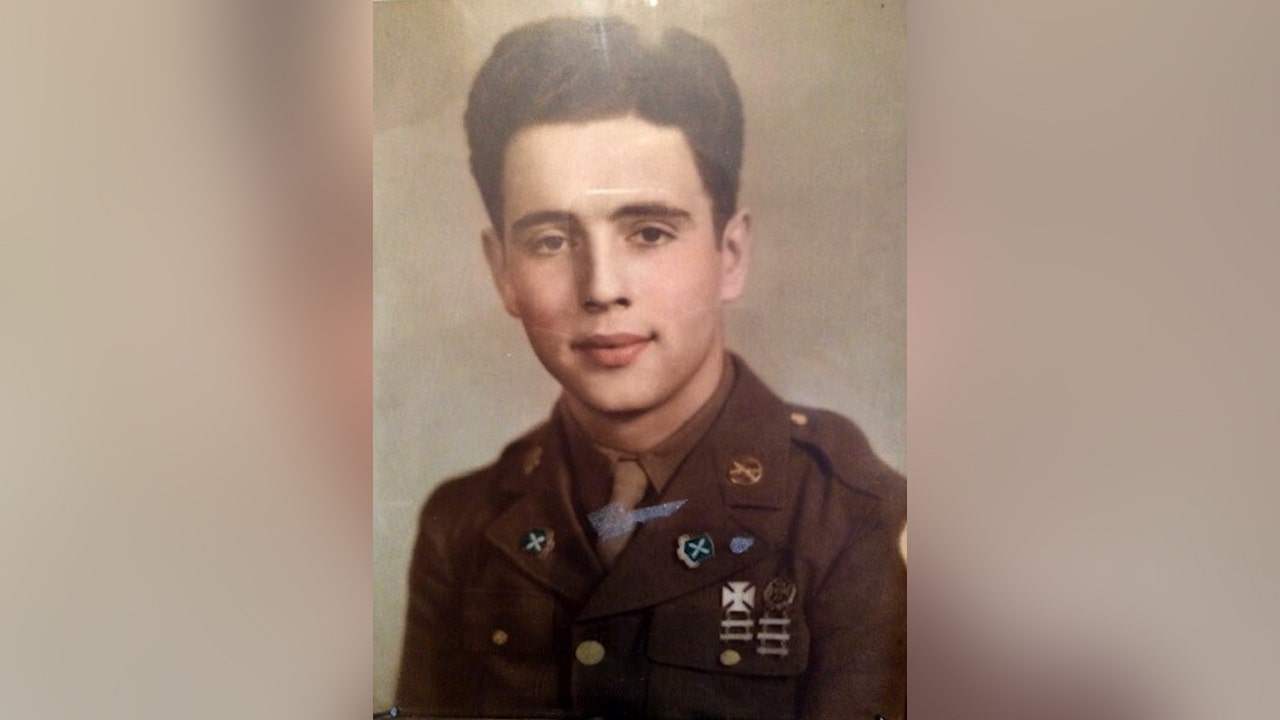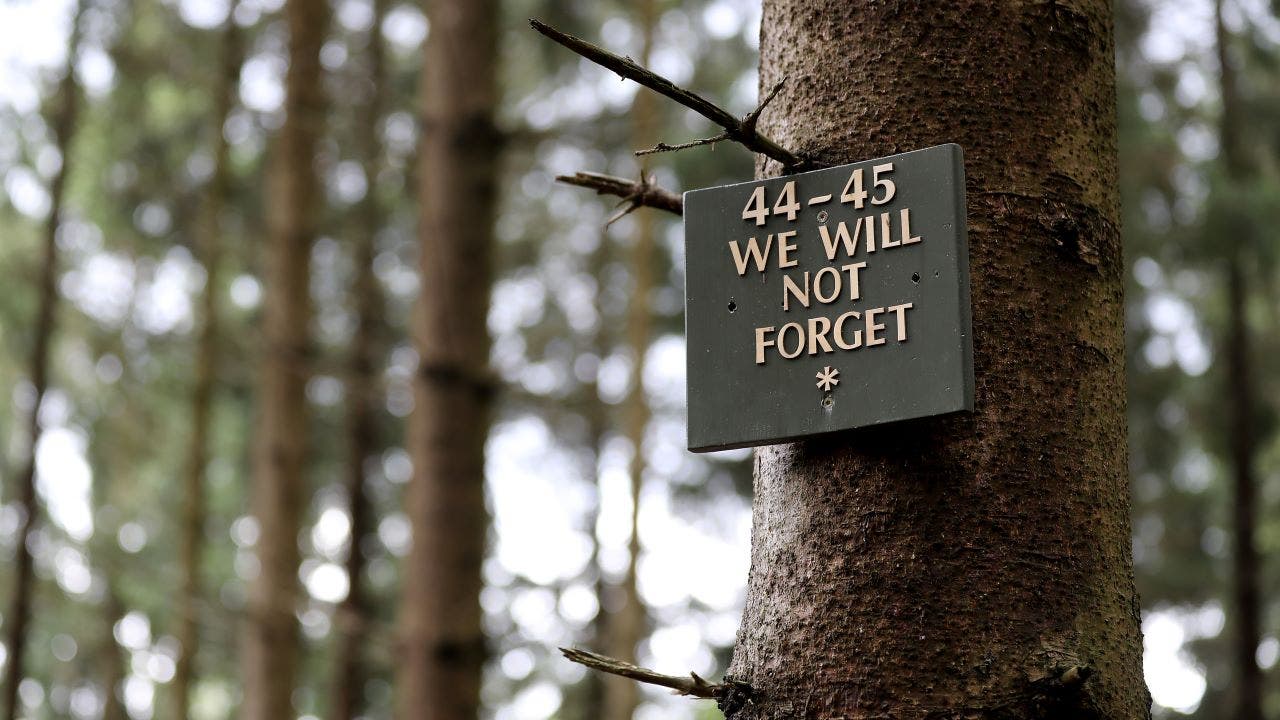Missing WWII soldier's remains identified nearly 80 years later
John W. Radanovich's remains were identified in May after two years of analysis
Decorated WWII veteran celebrates 100 years
Fox News anchor Brett Baier wishes U.S. Army veteran Bernard Mayrsohn a special 100th birthday on 'Special Report' Special Day.
The remains of a young World War II soldier from Illinois were identified in May, the Defense POW/MIA Accounting Agency (DPAA) announced on Monday.
Mount Olive resident John W. Radanovich, 23, served as a sergeant in the U.S. Army during World War II. His remains were identified after two years of analysis.
The soldier was assigned to Company G, 2nd Battalion, 22nd Infantry Regiment, 4th Infantry Division when he disappeared during the Battle of Hürtgen Forest in Germany. He was later reported missing in action.
"The Germans never reported Radanovich as a prisoner of war, and his remains were not immediately recovered," the DPAA explained in a press release. "The War Department issued a presumptive finding of death in December 1945."

Mount Olive resident John W. Radanovich, 23, served as a sergeant in the U.S. Army during World War II. (Defense POW/MIA Accounting Agency)
Despite efforts by the American Graves Registration Command to locate the soldier between 1946 and 1950, Radanovich's remains were not identified.
Decades later, a DPAA historian postulated that a set of remains in Belgium's Ardennes American Cemetery possibly belonged to Radanovich. The remains, which were recovered near Grosshau in 1946, were disinterred in May 2021.
‘SAVING PRIVATE RYAN’ CELEBRATES 25TH ANNIVERSARY: THE CAST THEN AND NOW
"While studying unresolved American losses in the Hürtgen Forest, a DPAA historian determined that one set of unidentified remains, designated X-2754A Neuville, recovered near Grosshau in 1946 possibly belonged to Radanovich," the DPAA explained.

A sign with the inscription "44-45, we will not Forget" hangs on the ox head in the forest. In the autumn of 1944 one of the cruellest battles of the Second World War raged in the Eifel, in the Hürtgenwald. (Oliver Berg/picture alliance via Getty Images)
Scientists used anthropological analysis, circumstantial evidence, mitochondrial DNA (mtDNA) analysis and autosomal DNA (auSTR) analysis to positively identify the soldier's remains.
CLICK HERE TO GET THE FOX NEWS APP
Radanovich's remains will be buried in his hometown of Mount Olive, though a burial date has not been determined.



